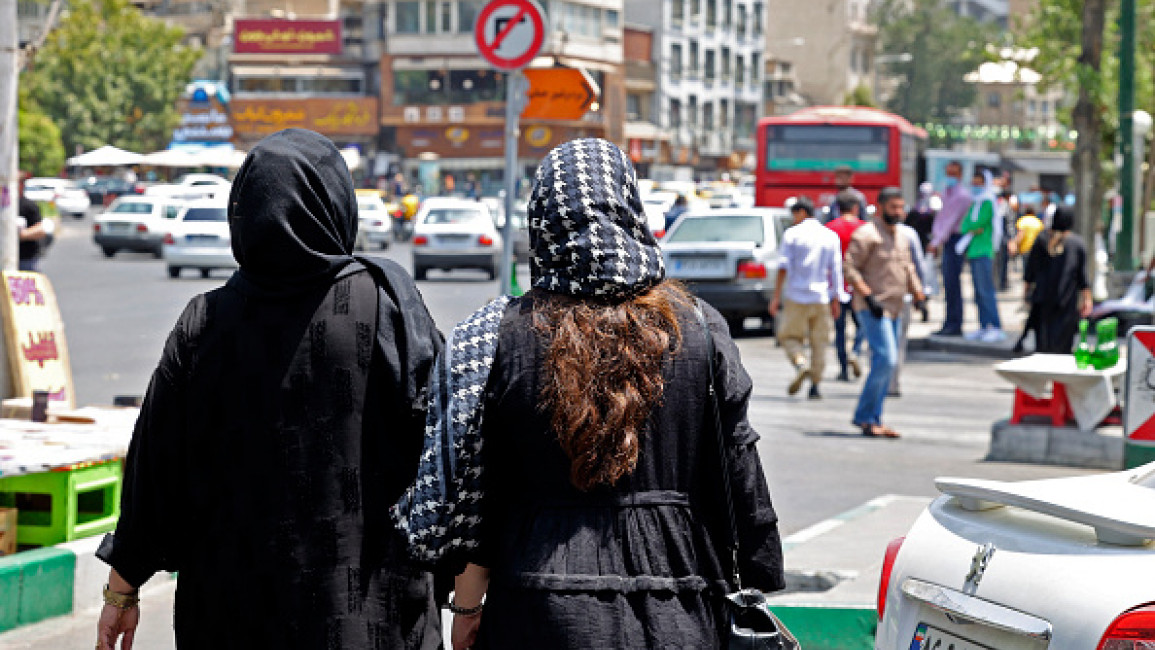MENA male guardianship systems still 'trap' women: HRW
Women still face significant obstacles to their freedom in over half of MENA countries, leading to harm for "children, families and society" according to a damning new report released by Human Rights Watch (HRW).
In 15 countries - including Egypt, Saudi Arabia, Yemen, Lebanon and Syria - women are required by law to either "obey" their husbands or live with them, and are deemed disobedient if they leave the marital home without permission.
"From leaving the home to leaving the country, authorities in the Middle East and North Africa are imposing varying restrictions on women’s right to freedom of movement," said Rothna Begum, senior women’s rights researcher at Human Rights Watch.
"Women in the region are fighting against restrictions that authorities often claim are for their protection, but in reality, deprive women of their rights and enable men to control and abuse them at will."
New @hrw report finds that many Middle East and North Africa (MENA) countries still prevent women from moving freely in their own country or traveling abroad without the permission of a male guardian. A thread 👇https://t.co/0hLURTytRC pic.twitter.com/dNIGmz16Ud
— Rothna Begum (@Rothna_Begum) July 18, 2023
Some countries in North Africa, after sustained pressure from women's rights activists, have scored significant gains in overturning discriminatory laws.
Increasingly progressive legal codes, such as the reformed ‘Moudawana’ family law in Morocco, have put women on an equal footing with men in matters of marriage and child custody.
But in Saudi Arabia and elsewhere, concerning legal trends have seen rights and protections for women heading in a worrying direction.
In March 2022, Saudi Arabia issued its first written Personal Status Law, which explicitly requires women to obey their husbands in a "reasonable manner" - and can even lose their right to a spousal allowance if they refuse to stay in the family home.
Yet, Human Rights Watch also said that women across the MENA region can now obtain passports in increasing numbers and with greater ease.
Qatar, Bahrain, Palestine, Egypt, Iraq, Israel, Jordan, Lebanon, Libya, Mauritania, Morocco, Oman Syria, Tunisia and the UAE all allow women to travel without male permission.
Saudi Arabia, Iran, Kuwait and Algeria, however, do not.
"Even as women's rights activists win some freedoms, the authorities seek to take others away, rolling back not just women’s rights, but harming children, families and society," Begum said.
"All authorities in the Middle East and North Africa should eliminate any and all discriminatory restrictions on women’s freedom of movement including all male guardianship rules."



